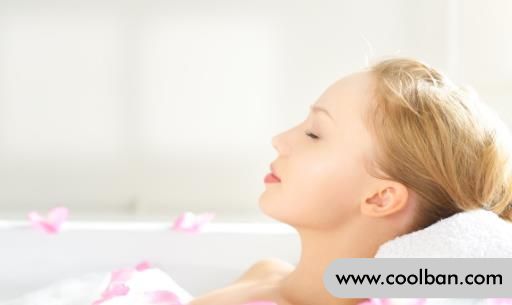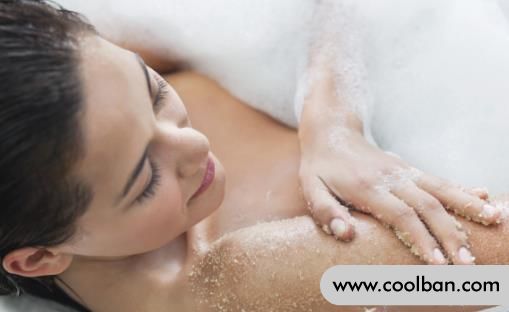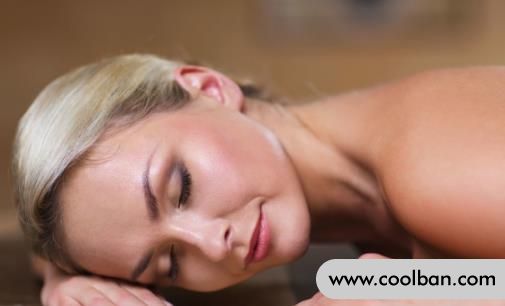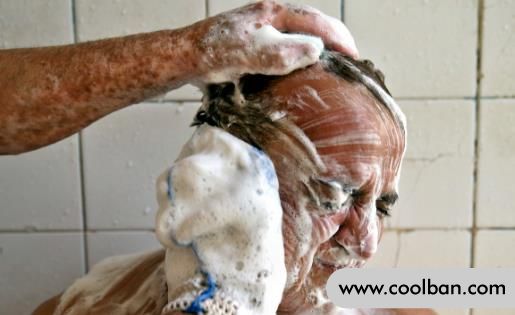What is the "mud" that comes out of the bath?
Many people are keen to take a bath when they take a bath. Every time they take a bath, they can always rub out "white strips" from their bodies, giving people a feeling that the bath is very clean. Taking a few rounds of baths every day has also become a problem for many people. Habit. So in fact, is it really "dirt" that we rub out in our daily baths?

What is the "mud" that comes out of the bath?
When you take a bath, the mud you rub out is actually grease, sweat, dander, etc. The skin is mainly divided into three parts: the epidermis, the dermis, and the subcutaneous tissue. During the process of continuous metabolism, the outermost epidermis of the skin can continuously replenish new stratum corneum to protect the skin from damage, so these are rubbed out. The "mud" is mainly dead cells of the stratum corneum. Even if you take a shower every day, you can rub out "mud", most of which are not the so-called "dirt", but the stratum corneum that is constantly produced on the surface of the skin.
People who like to eat greasy food and do not like to exercise will rub out more cuticles than those who have a light taste and exercise often. But no matter whether you exercise or not, your body will sweat due to changes in temperature or emotions, and your skin will constantly breathe and discharge secretions all the time, which is the so-called "mud".

Whether there is too much "mud" in the bath depends on these two factors:
1. People with endocrine disorders
Such people will be more stressed in life and often stay up late, which usually directly leads to rough skin, large pores, and excessive oil secretion. Therefore, people with endocrine disorders rub out more horny when taking a bath.
2. People with fast skin metabolism
"Mud" is actually the secretion of the human body's skin. Everyone's skin discharges secretions at a certain speed. Some people's skin metabolizes too fast, which will lead to the continuous appearance of new stratum corneum, which looks like rubbing. The "mud" of the bath has increased.

Frequent bathing is not good for skin health
In fact, it is not recommended to always "rub" when taking a bath.
First of all, it is because frequent rubbing in the bath can easily damage the stratum corneum of the body and irritate the skin; secondly, frequent rubbing can easily allow moisture to invade the body; furthermore, it needs to be emphasized that people with skin diseases are not suitable for rubbing. Especially if you use a strong irritating shower gel after taking a bath, it is easy to cause chapped skin or itching.
In addition, it is not advisable to take a shower after strenuous exercise or after eating. At the same time, the time of rubbing the bath should not be too long or too hard. After bathing, drink a cup of hot tea, on the one hand, it can replenish the body fluid lost by the body, on the other hand, it can also help the body detoxify and resist the invasion of moisture.

Take a bath with degrees
When many people take a bath, they are satisfied with rubbing the skin until the skin turns red and rubbing off a lot of stratum corneum. But normally, the protective film and stratum corneum formed on the skin are used to prevent the invasion of viruses and bacteria and protect the skin. If you rub too hard every day, it is easy to "rub" this protective layer off. The stratum corneum, the skin cannot protect itself, and it is easy to cause moisture intrusion.
When rubbing a bath, not only attention should be paid, but also the frequency of rubbing should not be too frequent. Excessive rubbing will cause skin pain and itching. It is not advisable to take a bath immediately after strenuous exercise and meals.
It is suggested that bathing should be adjusted accordingly according to seasonal changes, more washing in hot weather and less washing in cold weather. Note that the water temperature should not be too hot, and the bathing time should not be too long, because this will cause the sebum film to be destroyed, the skin defense function will be reduced, and the skin will become more dry and itchy.
